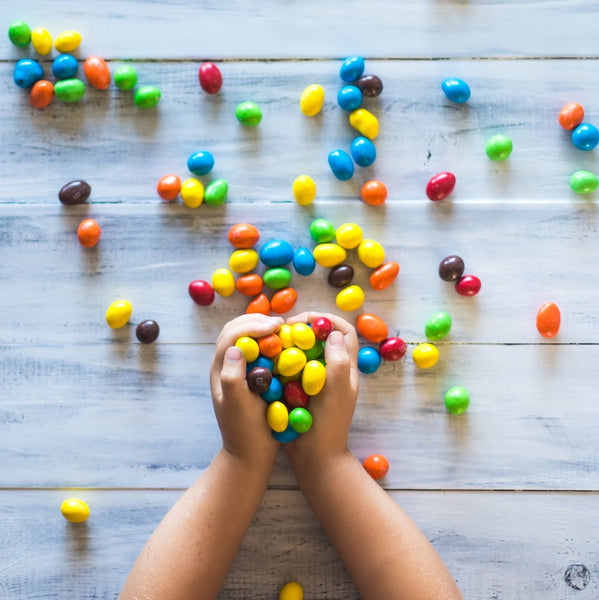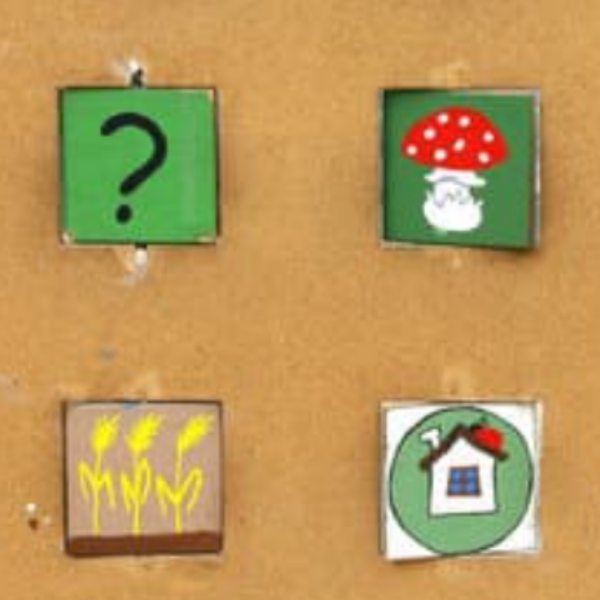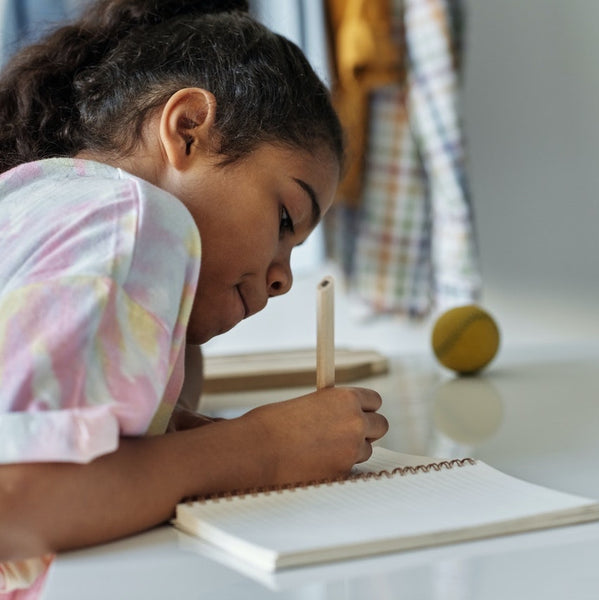Research -- StepUp to Learn
Taking Short Breaks May Help our Brains Learn New Skills
The resting brain repeatedly replays compressed memories of what was just practiced.
Sugar: High Consumption Affects Learning, Memory
New research shows high sugar consumption early in life affects learning and memory.
Puzzle Play Helps Boost Math Skills
Researchers have found that children who played with puzzles at a young age later perform better on tasks utilizing spatial skills.
Paper Notebooks vs. Mobile Devices
Unique, complex information in analog methods likely gives brain more details to trigger memory.
Solving the Screen Time Puzzle
Contradictory to previous findings, children who learn how to solve a puzzle using a touchscreen can then apply this learning to the same puzzle in the physical world.
New Experiences Enhance Learning by Resetting Key Brain Circuit
A study of spatial learning in mice shows that exposure to new experiences dampens established representations in the brain’s hippocampus and prefrontal cortex, allowing the mice to learn new navigation strategies.
Blink! The Link Between Aerobic Fitness and Cognition
Researchers have found evidence that spontaneous eye blink activity, which reflects activity in the dopaminergic system, explains the connection between fitness and cognitive function.
How Our Brains Know When Something's Different
Scientists discovered how a set of high frequency brain waves may help us unconsciously know when something's different by comparing memories of the past with present experiences.
Preschoolers Can’t See the Mountains for the Cat
Even when told to pay attention to the mountain in this photo, preschool children focus so much on the cat that they won’t later recognize the same mountain. Why?
Regular Physical Activity Seems to Enhance Cognition in Children Who Need it Most
New research shows that regular physical activity can enhance cognitive functions, especially in those who have the most room for improvement.
Sport and Memory Go Hand in Hand
By exploring the benefits of sport in memory and motor learning, scientists are opening up promising perspectives for school programs.
Why Writing By Hand Makes Kids Smarter
New brain research shows that writing by hand helps children learn more and remember better. At the same time, schools are becoming more and more digital.












